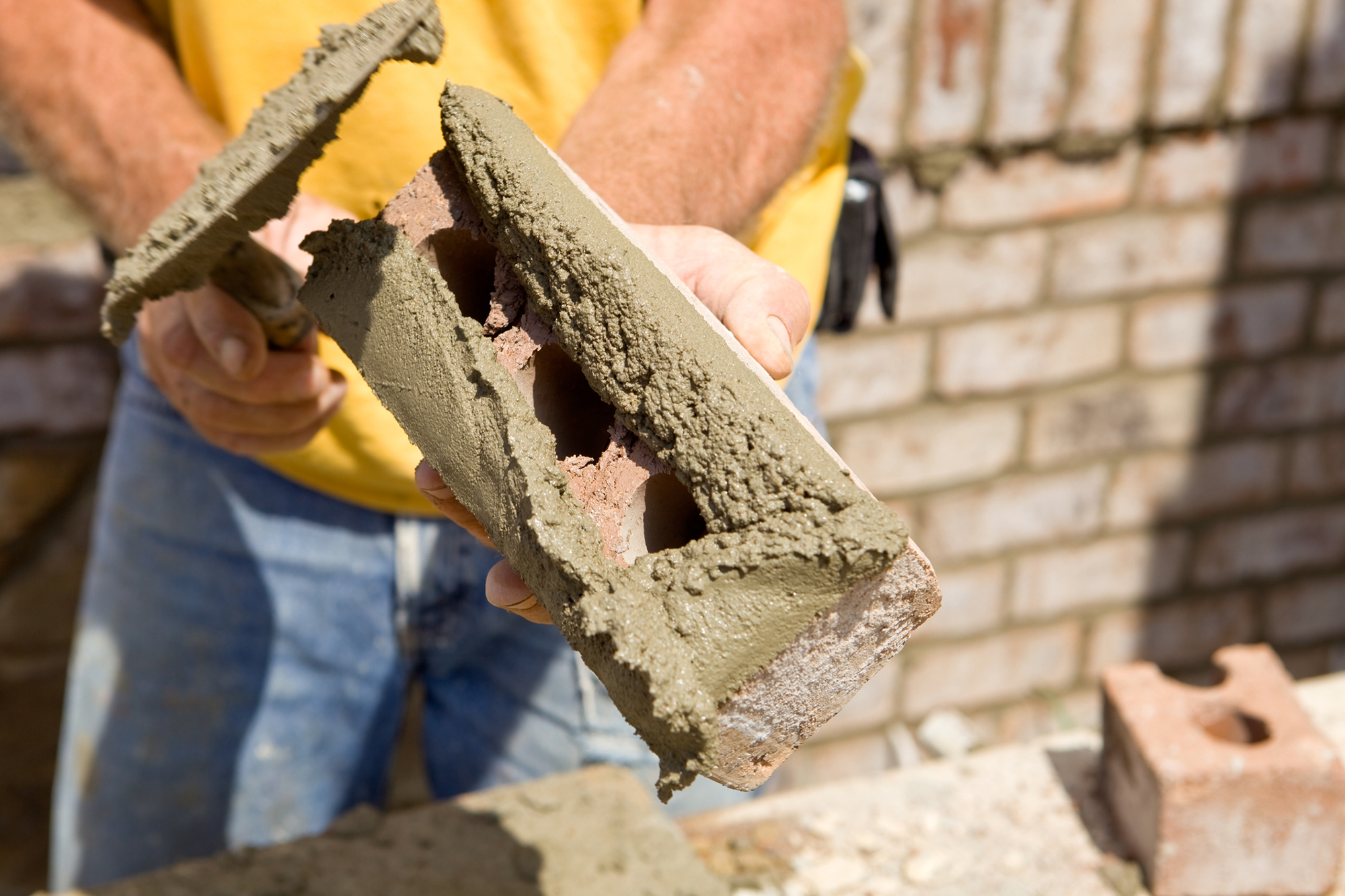Anyone building their own home or undertaking a major renovation project must put their faith into the competency of suppliers and trust that they will have the ability to deliver (and possibly install) the materials as ordered.
If this process goes wrong, the financial and emotional impact on the client can be huge.
Mercifully, most of the time the system works. It’s fair to say that no legitimate supplier goes into business with the intention of failing to deliver what they have promised. But things can and do go wrong.
So what can we do to make sure the companies we engage with won’t let us down and are the right ones to choose?
Always examine the product
If you’re specifying your project, you’ll have seen just how vast the choice is in all areas of a build. Making the right decisions can be a daunting prospect.
Brochures are dazzling, websites enticing and a good photographer can make anything look amazing.
With that in mind, buying major items off the internet just because a product looks fabulous and is so much cheaper than the others is a sure-fire way of being disappointed when it finally lands on your doorstep.
Plus, if you’ve ordered the wrong thing and it’s big and bulky, sending it back can be a real problem.
find trusted companies in the Build It directory
There’s no substitute for getting out and physically seeing and feeling a product, to get a sense of how it looks and performs in reality.
This is why it makes sense to get out to the self build exhibitions, such as Build It Live, and visit the showrooms of the larger suppliers. Visiting a firm’s premises will also give you a flavour of what they’re like to deal with.
Small or large company?
A small family-run firm working out of modest premises might look risky compared to the experience at a major supplier’s flashy showroom, but there’s more to it than this.
Smaller businesses tend to rely on outstanding products and a personal service to compete in the market. So they will quite often go the extra mile to deliver what you’re expecting. Bad news travels 10 times faster than good, and reputation is everything to a small company.
Conversely, the larger ones might look good on the outside, but they may have a high staff turnover that can dilute the experience offered.
Plus, customer service might be less than attentive because you are just one of thousands of clients – so it won’t have the same impact if they upset you and get a poor review.
There are good and bad businesses of all sizes, of course, but personally I gravitate towards smaller local suppliers.

They may not be able to compete on price with the major players on every occasion, but you can guarantee that when you place a substantial order with them, they will be doing a little jig of celebration. When you phone them, they’re likely to remember you in person.
The big firms, meanwhile, are likely to enter you as a number on their customer relationship management database. When you call them, you’ll spend half your life repeating your name, address and order number to somebody who wouldn’t know you from Adam.
Smaller companies often work on a supply and install basis, too, meaning you have just one contract to deal with when it comes to fitting the products.
Very often a larger firm is the manufacturer or supplier of the materials, but the installation is contracted out to a third party. So you may have two or more contracts to deal with. It’s sensible to ask about this – as well as what the situation would be if the fitter failed
in their responsibilities or went bust.
Do your homework
The internet may not be an ideal place to buy materials unseen, but it can still be a positive tool for those of us self building or renovating.
You can now search online for feedback on just about every company out there. Review services such as Trustpilot have revolutionised customer service, and a high score with this kind of resource is usually a good indication of overall performance.
Be careful in how you digest this information, though. People love to have a whinge about anything, but are much slower to praise when a service is delivered without fuss.

So exercise your judgement and learn how to spot nitpickers. While every business would like to think its customer service is up to scratch, no company is perfect and things do go wrong for a multitude of reasons. The important thing is how any issues were resolved.
You can also run online credit checks on different companies’ history and find out their credit score. This is not necessarily a reliable indicator of current status, however, as it can take a little while for issues to filter through.
Another good option is to use members of the National Custom and Self Build Association (NaCSBA) for your project wherever possible. All NaCSBA members sign up to
a code of practice, as well as a dispute resolution service.
The post How to Check Suppliers & Builders for your Project appeared first on Build It.
Article reference How to Check Suppliers & Builders for your Project
No comments:
Post a Comment